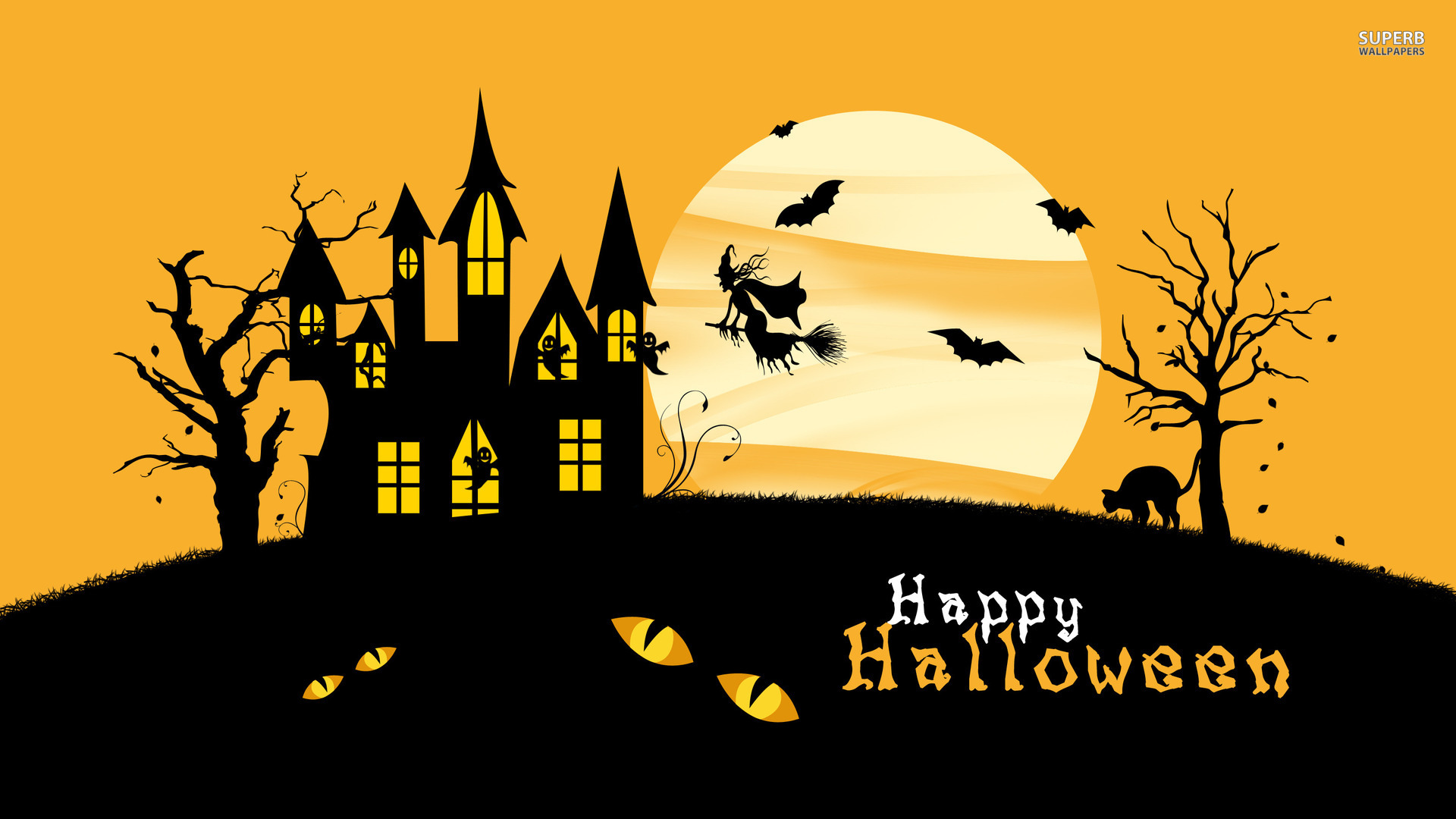Trick-or-treat! Smell my feet. Give me something good to eat! Halloween is a holiday that is celebrated by many, but do they know the true traditions? Children chant these words while strolling the streets at night going door to door begging strangers for candy, while dressed up in costumes they know nothing about.
“Society has commercialized Halloween. There is no more to say about it. The costumes have nothing to do with the traditional views of Halloween,” said David J. Skal, author of Death Makes a Holiday: A Cultural History of Halloween. There is a significant point to Halloween, but today no one knows about it.
Back in the day, the Gaelics believed when night falls the evil spirits come out to haunt those who did them wrong. They would have bonfires and wear masks to scare off the spirits. Today, costumes are not scary and rituals are not practiced.
But what is the reasoning? Cathy Wilson, the manager at Wal-Mart has been working for 6 years and has noticed sales in masks and wigs have decreased. “We always sell [masks] because they are classic and people can be creative with them. We also sell wigs with the masks, but it is more common to see people buy costumes that are characters from TV shows or movies.”
The history of Halloween is not taught or practiced much today, so a lot of societies do not know much about the practices. Sarah Yancey, an honor roll student at St. Lawrence University, does not know anything about Halloween. “I feel like it’s something with witches or like I know a lot of Christians don’t celebrate Halloween because they say it was originally because of like worshiping of Satan or something like that. That’s my understanding.”
Could the lack of knowledge of Halloween be a cultural barrier? Carlene Fontanez-Lutsky, a member of the theme house. La Casa, says she does not know a lot about Halloween, but she knows a lot about Dia de los Muertos, or Day of the Dead, which is a Hispanic Halloween. “I know that Halloween is considered Day of the Dead in Hispanic culture. It is when the dead comes back to life on the day of November 1 to haunt those who did them wrong when they were alive.”
Traditions of Hallows Eve have disappeared as the years have gone on. Is it because people are not interested in the rituals or is there a cultural barrier dividing knowledge and traditions?




[…] http://thehillnews.org/lp/mmrobe13/roots-of-halloween […]